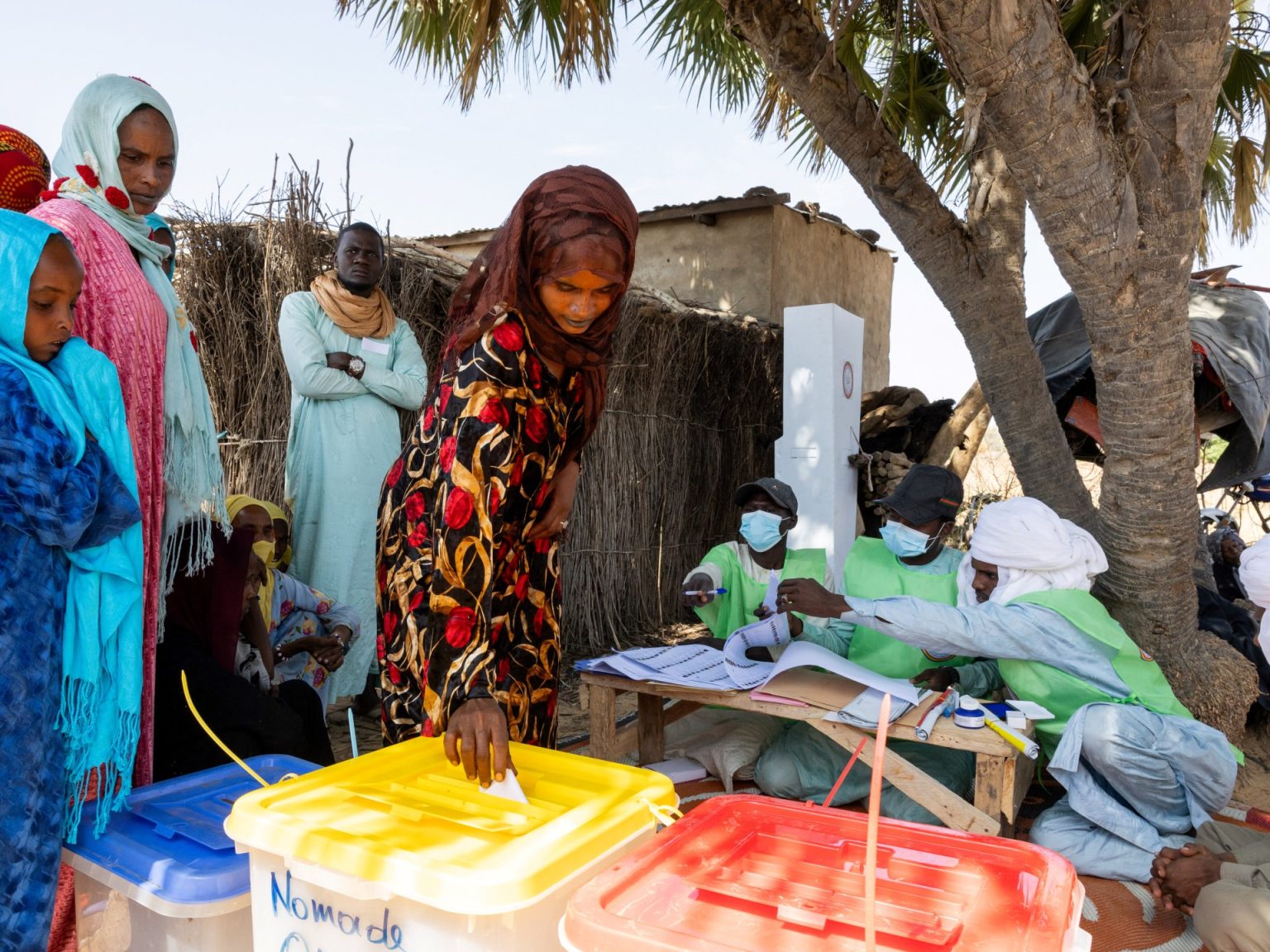Chad embarked on a significant political exercise on Sunday, holding its first parliamentary elections in 13 years. This election, encompassing parliamentary, provincial assembly, and local council elections, is being touted by the government as a pivotal step towards transitioning from military rule to a democratic system. The vote unfolds against a backdrop of economic hardship, security concerns stemming from Boko Haram activity and regional instability, and accusations of Chadian interference in the Sudanese conflict. The election process commenced with voting by soldiers, police officers, and nomadic communities on Saturday, ostensibly for logistical reasons. The electoral agency reported a high turnout among these groups.
However, the elections are overshadowed by a significant opposition boycott, casting doubt on the legitimacy and inclusivity of the process. Leading opposition figures have dismissed the elections as pre-determined, alleging that the results have already been decided. Succes Masra, leader of the Transformers party, explicitly stated that the results were pre-fabricated. This boycott leaves the field largely open to candidates aligned with President Mahamat Idriss Deby Itno, who assumed power in 2021 following the death of his father, a long-ruling autocrat. Deby’s ascension was initially through military means, later legitimized by a presidential election in May 2023, which the opposition also denounced as fraudulent. The president, however, urged citizens to participate actively in what he termed a “historic day.”
The opposition’s boycott adds another layer of complexity to an already intricate political landscape. While the government portrays the elections as a transition towards democracy, the opposition’s absence raises concerns about the representativeness of the elected bodies and the potential for escalating political tensions. The low voter turnout observed in the capital, N’Djamena, on Sunday morning further underscores the prevailing skepticism and apathy towards the electoral process. Election officials attributed the low turnout to cold weather, a justification that seems inadequate given the high stakes of the election. The underlying reality likely reflects the opposition’s call for a boycott and a general disillusionment with the political status quo.
The concerns about pre-determined outcomes and electoral manipulation are not new in Chad’s political history. The long reign of Deby’s father was marked by authoritarianism and limited political freedoms. The current elections, instead of signaling a departure from the past, appear to be reinforcing the existing power dynamics. The opposition’s decision to boycott the elections, while potentially undermining their own political influence in the short term, reflects a deep-seated distrust in the electoral system and a belief that genuine political change cannot be achieved through participation in a flawed process.
Beyond the political maneuvering, the election holds significant implications for the daily lives of Chadian citizens. The country grapples with pervasive poverty, unemployment, and rising prices. Some citizens who did vote expressed hopes for change, citing these socioeconomic challenges as pressing concerns. They expressed desires for more job opportunities, price stability, greater justice, and more equality – aspirations that remain largely unfulfilled. The nomadic communities, struggling with the impacts of climate change on their livelihoods, also voiced their hopes for improved living conditions, highlighting the crucial link between political representation and addressing the real-world challenges faced by vulnerable populations.
The international community will be closely watching the outcome of these elections. The presence of foreign election observers, while important for monitoring the procedural aspects of the vote, may not be sufficient to address the fundamental concerns about the overall fairness and credibility of the process. The opposition’s boycott, coupled with the allegations of pre-determined results, casts a long shadow over the elections and raises questions about Chad’s trajectory towards democracy. The low voter turnout signals a disconnect between the government’s narrative of democratic progress and the perceptions of a significant segment of the population. Ultimately, the success of these elections in advancing Chad towards a more democratic future hinges not just on the technical conduct of the voting process, but on the government’s willingness to address the underlying issues of political inclusivity, transparency, and accountability.

